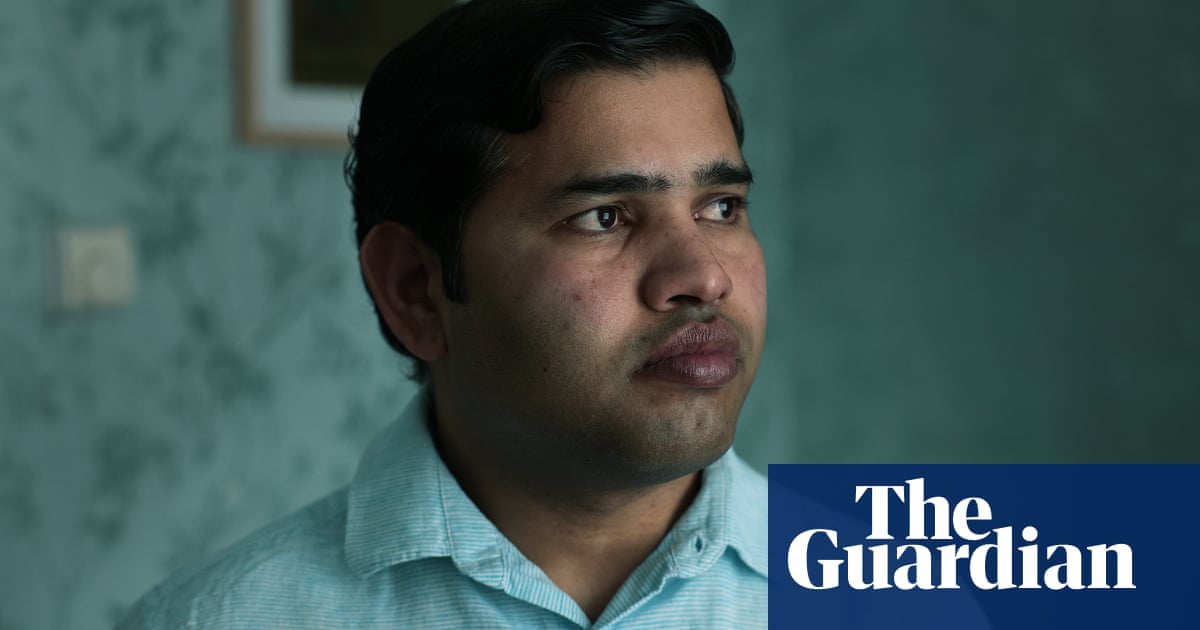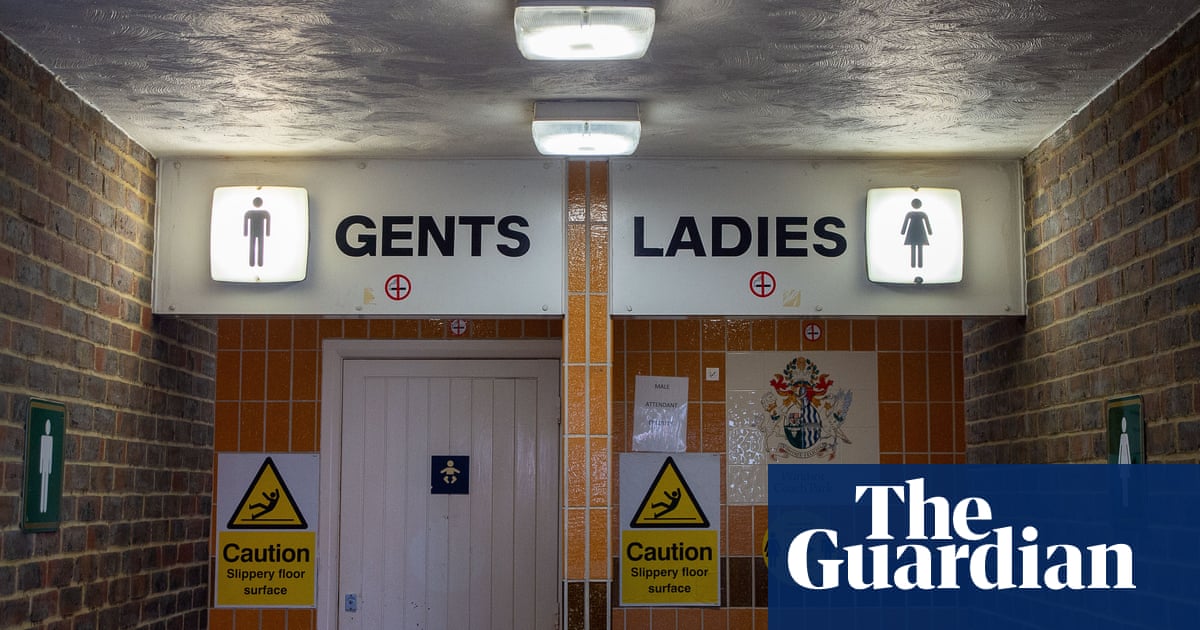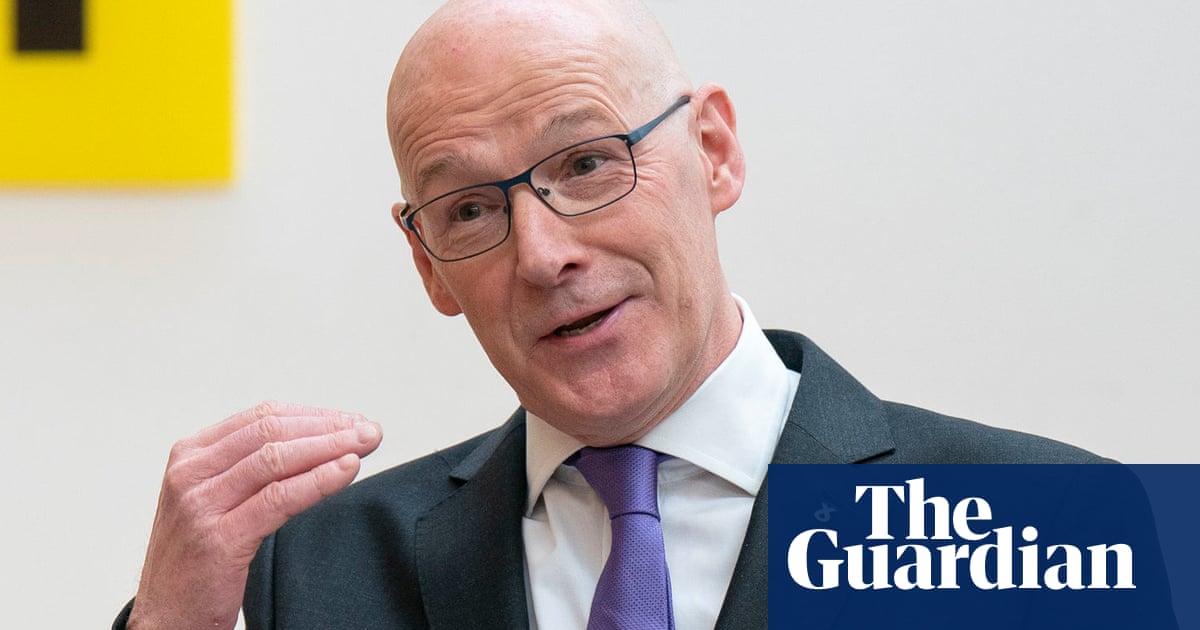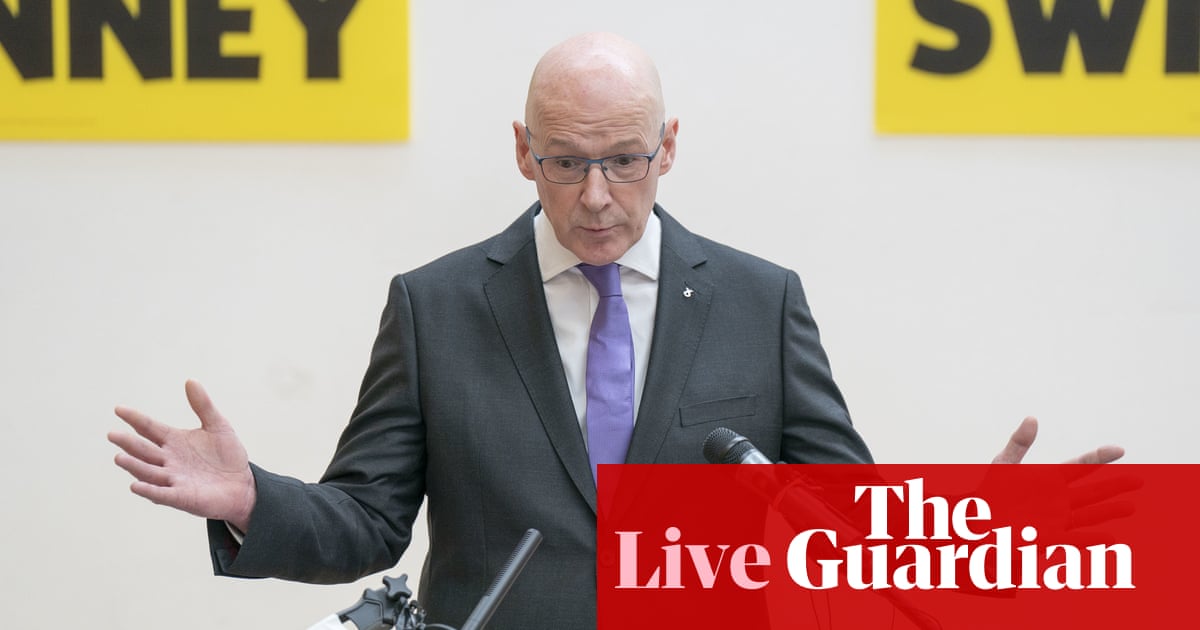âI felt like a criminalâ: the ruinous effect of the Home Officeâs cheating claims | Immigration and asylum


The morning after Sajjad Sohag returned from his honeymoon, he and his wife were woken by the sound of immigration enforcement officers breaking down the front door of the building in London where they were renting a studio flat.
It was about 6.30am, and he was still half-asleep when officers used a battering ram to force open the door of his first-floor flat. They checked a piece of paper with his photograph on it and said âtarget identifiedâ when they confirmed it was him. An officer told him he was being detained because he had cheated in an English exam.
âI had no idea what they were talking about,â he says, remembering how the life-changing events of 9 October 2014 unfolded.
He was given five minutes to dress. âThey made me keep the door open while I went to the toilet. It was so humiliating,â he says. He was unable to explain to his wife what was happening, because he had no idea himself. One of the officers held him by the shoulder and escorted him downstairs and into a van marked immigration enforcement. Many of his neighbours had been woken by the raid and were staring as he was locked inside the vehicle. âAll I felt was embarrassment and shame. I felt like a criminal.â
He spent 70 days in immigration detention, throughout which he was confused about why he was being held.
Sohag, 40, is one of about 35,000 overseas students whom the Home Office accused of cheating in a government-approved English language test they were required to take as part of the process of applying for a renewal of their student visas. The allegations triggered a wave of dawn raids on student flats around the country.
About 2,500 students were subject to an enforced removal from the UK and another 7,500 left the country voluntarily after being warned that they faced arrest, detention and forced removal if they stayed. Thousands of those accused have spent years trying to prove their innocence.
Being one of seven children from a reasonably well-off family in Bangladesh, Sohag was the only one to study in the UK. After graduating with a degree in computer science and engineering, his mother and older siblings agreed to pay for him to travel to London to study for a postgraduate degree in business management. âBritainâs universities are seen as very prestigious. People believe you can secure a better future by being educated here,â he says.
The background to the English language test scandal is complex, which may go some way towards explaining why this issue has not attracted sustained political attention, unlike comparable miscarriages of justice. Sohag also believes there is limited public sympathy for international students. âThe Post Office scandal and the Windrush issue both directly hit British people, but this issue is about immigrants, and who cares about immigrants?â
Before being admitted on to the course, he had to take an English language test, which he passed without difficulty, not least because his undergraduate degree had been taught in English. In 2012 he was required to sit another English test as a formality to renew his visa. He took the Test of English for International Communication offered by the US-based company Educational Testing Service (ETS). He remembers nothing suspicious happening in the test centre.
Two years later, undercover BBC filming showed test administrators helping candidates to cheat in their tests in two test centres. Sohag did not take his test at either of the ETS test centres featured in the documentary, but the Home Office â responding to evidence provided by ETS â reacted by concluding that 58% of those who had taken an ETS test between 2011 and 2014 had cheated, and a further 39% were suspect. Sohag, who speaks good English, said he had no need to cheat, but his name was on a list of students who had used deception to secure a visa.
He believes the Home Office seized on the allegations as a convenient way to bolster its drive to cut net migration numbers. âWhen Theresa May took charge of the Home Office she clearly declared that her first target was to reduce the number of immigrants. We were an easy target,â he says.
The consequence of the allegation was devastating. He was only released when his wife, a student from Pakistan, managed to find money to pay for a solicitor to help challenge the accusation. When he was released he was told he was not allowed to work. He had to borrow more than £50,000 from his siblings to pay legal fees and to help pay the rent and buy food during that six-year period. He is still trying to save from his wages as a company IT manager to pay the money back.
Sohag decided not to return to Bangladesh because he felt that would be an admission of guilt. âIn Bangladesh the reality is that you can buy the system if you have money, if you have power, but my siblings had the belief that the British justice system is fair. They said: âIf what youâre saying is true, eventually it will right, so stay and fight.ââ
after newsletter promotion
Initially no evidence was provided to the students in support of the allegation that they had cheated, and those accused were told that they had no right of appeal in the UK. The Home Office has latterly presented evidence of deception during thousands of immigration appeal hearings, but its strength has been repeatedly questioned and at least 3,600 students have won appeals.
It took an immigration appeal judge just 20 minutes to decide in 2019 that Sohag was innocent of the cheating allegation. He felt mixed emotions at the swift judgment.
âI felt joy that the struggle was over, but this mistake took six whole years from my life and my career. It wasnât just my life it ruined, but my wifeâs life and my childrenâs,â said Sohag.
He is one of 23 former students currently represented by Bindmans law firm in a group action seeking compensation, but he says financial reparation can never make amends for the damage to his life. He was only able to visit his mother once in 13 years because of his immigration difficulties, and she died last year. The stress of the experience has at times made him feel suicidal.
ETS says it closed its UK subsidiary in response to the allegations and no longer operates English-language tests in the UK. It says its people and practices have changed.
The Home Office said: âThe evidence provided by ETS, the action the Home Office took and the counter-arguments have all been considered in the series of litigation since 2014. Courts have consistently found the evidence was sufficient to take the action we did. Given scale of fraud it is impossible to say that nobody was wrongly affected and we acknowledge a number of appeals have succeeded. However, we continue to believe there was a large-scale problem with cheating.â
Source link




